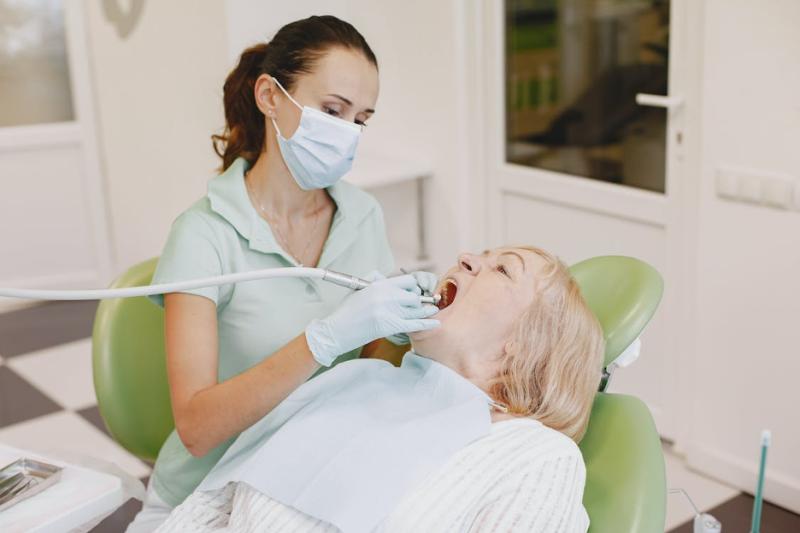5 Crucial Dental Care Tips for Seniors

Taking excellent care of your teeth and gums is essential, especially as you get older and your immune system weakens. Older adults are particularly prone to dental issues that younger people can easily avoid, such as gum disease and tooth decay. For this reason, you need to pay extra attention and care to maintain good dental care as you age. Here are a few tips to keep your teeth and gums healthy as you approach your golden years.
1. Brush and floss your teeth daily
Brushing and flossing at least twice per day are the basics of caring for your teeth. Brushing removes plaque from your teeth' surfaces, which is the main cause of tooth decay and gum disease. On the other hand, flossing lifts and clears plaque and food in between your teeth and underneath the gums, which helps prevent periodontal disease.
Brush your teeth with fluoride toothpaste twice daily for at least two minutes, after breakfast and before bed. Floss at least once a day or as necessary. You can use a soft, clean cloth to gently remove plaque on the gums' surface.
2. Consider implants
Nearly one in five adults aged 65 or older has lost every tooth, according to the Centers for Disease Control and Prevention (CDC). Tooth loss can be caused by physical damage or injury, tooth decay, gum disease, or unhealthy lifestyle habits. Regardless of the underlying causes, safe, permanent, and natural-looking implants by a Revive dental at Westwood in Winnipeg dentist can restore the look of your original teeth. Above all, implants offer better chewing ability and prevent jaw joint issues by stabilizing your jaw bone.
3. Avoid smoking
While a lack of oral hygiene and gum disease is the leading cause of tooth loss, smoking also puts you at risk of these teeth issues. Smoking can result in bad breath, gum recession, or tooth enamel wearing away. Quitting smoking reduces the risk of developing gum disease and improves the overall health of your mouth. If you have trouble quitting smoking, your dentist can help develop a plan for cessation.
4. Visit your dentist regularly
Regular visits to a dentist are essential for senior dental health. Visit your dentist regularly, at least every six months, for a complete dental check-up, oral exam, and cleaning. Getting your teeth cleaned and examined regularly can help you avoid cavities, gum disease, and other issues resulting from poor oral hygiene. Moreover, these visits allow you to make necessary improvements in your brushing or other routines to work better for your particular needs.
5. Pay attention to any side effects of medications
Some medications can lead to dental health problems, such as the dry mouth. While this is a common dental issue in seniors, it can harm your overall dental health. A dry mouth causes plaque to stick to your teeth' surface easily, increasing your risk of gum disease and tooth decay. Be sure to keep tabs on the changes in your dental health if you are on medication, and consult your dentist as soon as you observe any new dental issues.
Endnote
Maintaining good dental hygiene is essential as you get older. It ensures you have healthy teeth and gums, prevents the need for extensive dental treatment, and leads to more affordable dental fees down the line. These essential tips can help you maintain dental health if you are a senior.
More to Read:
Previous Posts:











